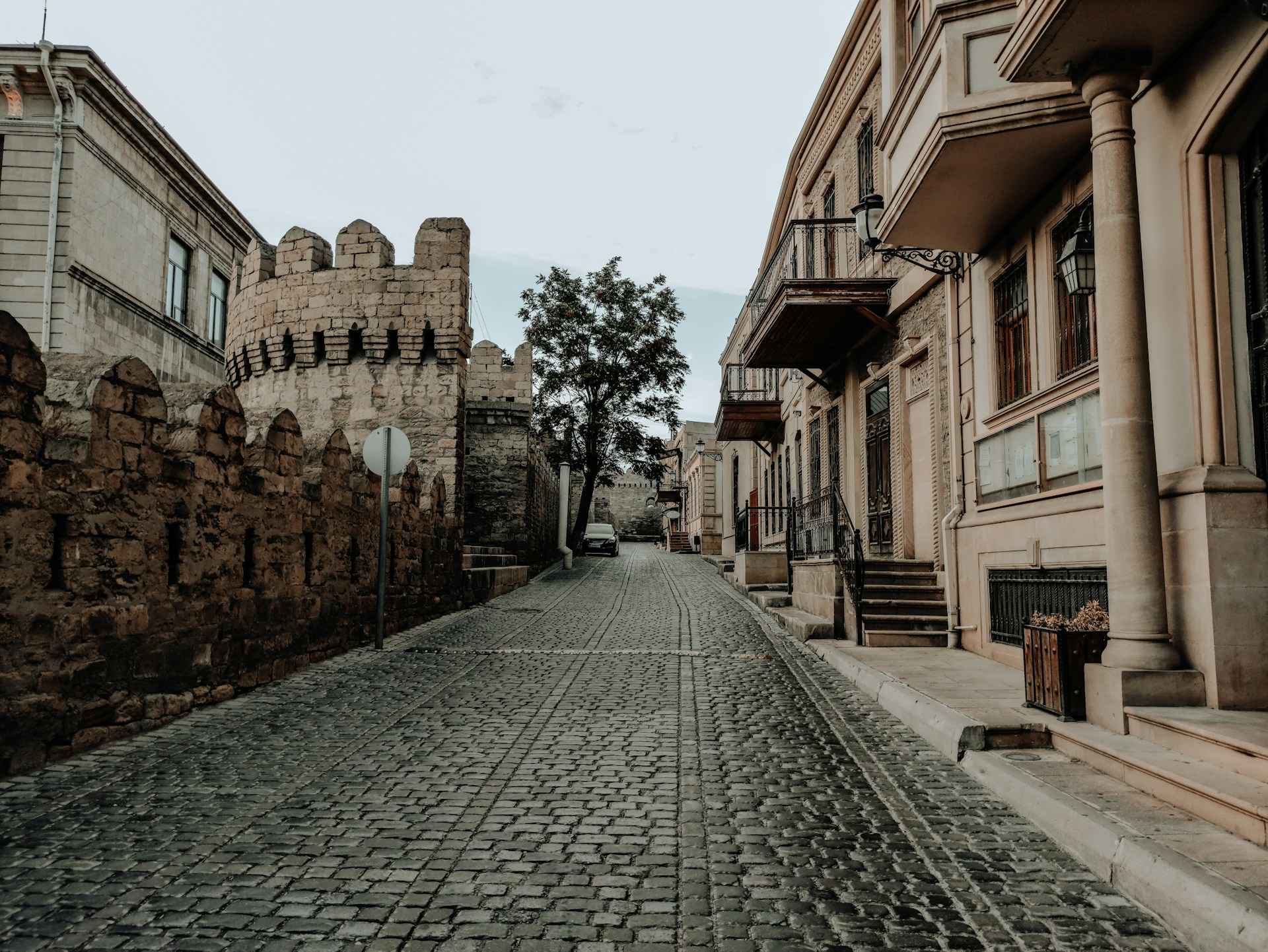From July 2025, foreign travellers can finally visit Azerbaijan’s liberated Karabakh region, marking a milestone in post-conflict tourism and international engagement. Access to cities such as Shusha, Aghdam, Fuzuli, Lachin, Khojaly and Khankendi signals a shift from closed borders to open cultural dialogue through travel. The launch of the “Our Road to Karabakh” online portal simplifies permit applications, provides safety guidance, and serves as a central link for multilingual information; an essential step in rebuilding traveller confidence.
Shusha, long hailed as the cultural capital, now welcomes foreign guests to rediscover its storied mosques, historic fortress and restored heritage sites. Visitors can immerse in the city’s musical revival, including mugham festivals and poetic celebrations that celebrate Azerbaijan’s enduring arts legacy. In neighbouring Aghdam, reconstruction efforts include a smart city blueprint with rail and bus terminals, reflecting investments in infrastructure and sustainable growth.
The newly accessible Fuzuli–Shusha “Victory Road” and Fuzuli airport act as lifelines, linking Baku with these historic centres and enabling seamless travel for international and domestic tourists. Licensed tour operators offer guided explorations, while private vehicles can navigate safely within cleared zones, though permits remain mandatory to safeguard against undeclared hazards.
This opening delivers immediate value: travellers gain access to once off-limits cultural landscapes, while Azerbaijan fuels rural economies with hospitality, transport services and local guides. Infrastructure-wise, this initiative hints at broader ambitions: leveraging heritage tourism to propel regional integration, infrastructure development, and diversified FDI. As Karabakh re-emerges on the global tourism map, it sets a precedent for post-conflict revival, balancing historical memory with forward-looking opportunity.
For travel professionals and destination marketers, this development offers rich potential. Curated cultural itineraries, combined with seamless permit processes and multilingual support, can position Karabakh as an emerging draw. The challenge will be designing sustainable tourism frameworks that respect both heritage and local resilience as the region transitions from liberation to global engagement.


